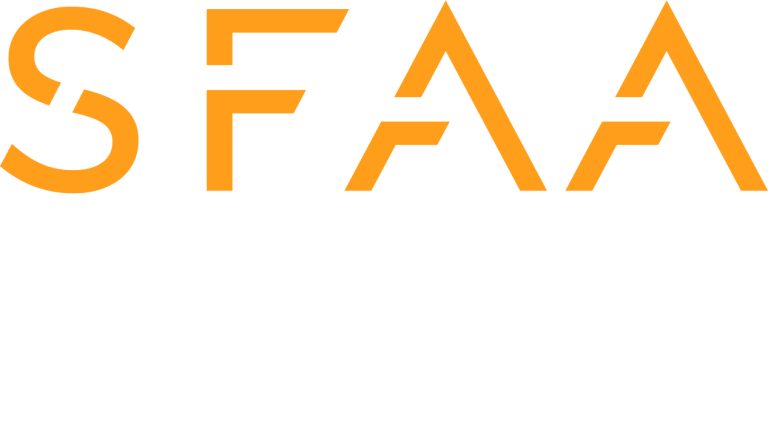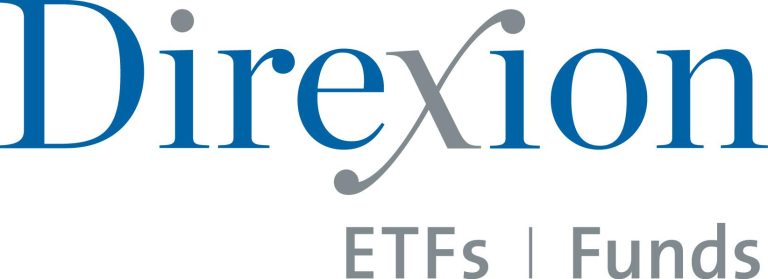
For a while, it looked like mortgage rates in Canada were finally settling into a more affordable pattern. Fixed rates had been drifting downward, and variable rates were looking more attractive — especially as rate cuts seemed like a matter of “when,” not “if.”
But the tide has turned. As of early May, both fixed and variable-rate mortgages have started shifting in ways that may surprise borrowers.
If you’re planning to buy a home or renew your mortgage in the coming months, here’s what you need to know about what’s changed, why it’s happening, and how it could affect your wallet.
Fixed rates are rising, and variable rates aren’t the deal they once were
The clearest sign that the market is changing? Fixed mortgage rates are heading back up, after having remained stubbornly high as variable rates came down. Just a short time ago, insured five-year fixed rates had dipped as low as 3.64%. Now, those same rates have climbed by 10 to 20 basis points. That may not sound like much, but over the life of a mortgage, even small rate increases can have a noticeable impact on what you pay.
It’s not just insured mortgages seeing a bump. Conventional, or uninsured, fixed rates are also trending higher.
“We’ve seen a steady worsening for a while now,” Ron Butler of Butler Mortgage told Canadian Mortgage Trends, referring to the growing pressure on fixed-rate pricing.
And while variable rates haven’t increased in the traditional sense (the Bank of Canada’s prime rate remains at 4.95%), the discounts that lenders offer off that rate are shrinking. Major banks such as CIBC and Scotiabank have trimmed their variable-rate discounts by 10 to 15 basis points in recent weeks. That means new borrowers will now pay slightly more for variable-rate mortgages than they would have just weeks ago.
According to Butler, this shift is strategic. “The big banks want to cover their bets in case there’s a sudden rate move that leaves them in a bad spot,” he explained.
What this means if you’re buying or renewing your mortgage
For those looking to enter the housing market, or renew an existing mortgage, the new rate environment introduces some fresh decisions and trade-offs.
Thinking about a fixed-rate mortgage?
If you’re someone who values predictable monthly payments and wants to lock in a rate now, a fixed-rate mortgage still offers that peace of mind. But be prepared: The rates you’re seeing today are a bit higher than they were a month ago.
Still considering a variable rate?
Despite shrinking discounts, variable rate mortgages may still come out cheaper over the long run, especially if the Bank of Canada begins cutting rates later this year. Borrowers who can handle some financial uncertainty and aren’t stretched by changing monthly payments may still find variable-rate mortgages to be the most cost-effective option over time.
Looking for a middle ground?
Some borrowers are now leaning toward shorter-term fixed mortgages, like three-year terms. This strategy offers some stability in the short term while keeping the door open to refinance sooner if rates do start to fall.
Learn More: Find out if it’s better to get a longer term mortgage or a short-term mortgage?
Stay informed, stay flexible
Canada’s mortgage market is shifting again, and quickly. For prospective homeowners and current mortgage holders, the most important thing right now is to stay informed and weigh your options carefully.
Whether you’re drawn to the security of a fixed rate or intrigued by the potential savings of a variable one, the right choice depends on your personal finances, your risk tolerance and your long-term plans.
And with lenders adjusting pricing strategies in real time, working with a mortgage broker or advisor can help you make sense of your options and secure the best deal available.
As the economy continues to evolve and the Bank of Canada adjusts course, your best mortgage strategy might look different than it did just a few weeks ago.
Sources
1. Canadian Mortgage Trends: Fixed rates are creeping up—and variable-rate discounts are shrinking too May 2, 2025)
This article provides information only and should not be construed as advice. It is provided without warranty of any kind.


